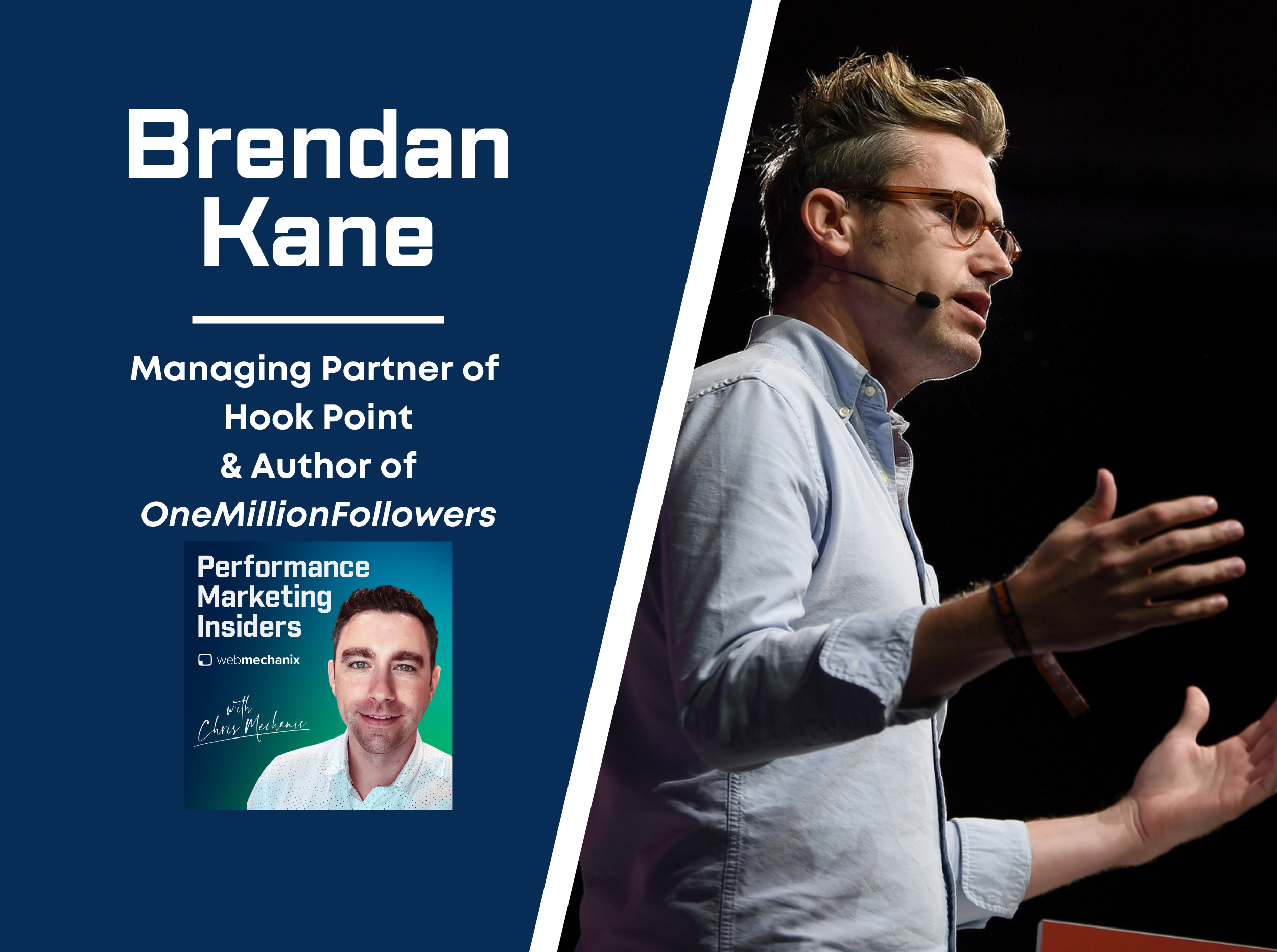
Retreading An Exciting Year – Part Two: Major Algorithm Updates
Like most other years, there were some seismic search and social algorithm updates that took place. So, which ones do we feel made the biggest impact?
This is part two of our year-end wrap-up. If you want to read part one, click here.
Part Two: Major Algorithm Updates
Google’s Hummingbird Update

Hummingbird is the biggest search engine update since the launch of Google. Sort of…
If you were just looking at your search engine rankings, you wouldn’t think it was that big of a deal. However, just because Hummingbird has not immediately disrupted things doesn’t mean it isn’t capable of doing so.
Hummingbird improves Google’s ability to determine the entities discussed in almost all of the internet’s content (webpages, social content, emails in Gmail, etc.). It can then intelligently categorize content according to the entities being discussed. It’s then easier for Google to determine the relevancy of that content based on certain indicators (e.g. on-page mentions, external links, author, recency of social media mentions, etc.).
Hummingbird can do this. However, It doesn’t mean that it is doing it at the moment. While it is said to be affecting 90% of all search queries, the direct impact isn’t so easily discernable outside of websites that were sustained by long-tail searches.
So, Hummingbird is one change to Google’s algorithm that we’re definitely going to want to keep our eyes on.
Resources
- Our Hummingbird blog post
- Bill Slawski’s patent analysis post and named entity strategy post
- Gianluca Fiorelli’s SEO analysis of Hummingbird
Google’s Penguin 2.0 & Panda Updates
Google’s commitment to quality content is showcased particularly well by the algorithm update duo of Panda and Penguin. And 2013 saw its fair share of these two.
Panda, which focuses on low quality sites and webpages with thin content, is now a monthly update that takes over the course of ten days. This algorithm update is nothing new for search engine marketers, but is a continuing presence.
Penguin, which cracks down on websites manipulating relevancy with fake links, saw a bit more of a facelift. It was updated to dig a bit deeper into website’s linking sources. The 2.0 update was widely anticipated because the first one caught so many people off guard and had some pretty devastating effects.
At the end of the day, your site most likely didn’t get unfairly caught in the cross-fire of these two updates. Unless you were still chasing large volumes of low-quality links or spinning existing content into new content, you should be fine.
Resources
- Our Penguin 2.0 blog post
- Matt Cutt’s WebMaster Help video foreshadowing Penguin 2.0
- Rand Fishkin’s original SEO analysis of Panda
- Search Engine Land’s coverage of monthly Panda updates
The Rebirth of Facebook’s Newsfeed Algorithm

The big takeaway from this update is that marketers are going to have to try harder to get in front of their audiences newsfeeds. In fact, Facebook is suggesting that paid ads are a marketer’s best bet for getting some eyeball time on Facebook.
While this may seem like a powerplay from Facebook, the decisions makes a lot of sense for users. Organic content from individuals is what keeps people coming back to the site. Brands have a bad habit of using their organic posts as self-serving promotions. So, in order to keep users engaged with their feed, Facebook is suggesting logical alternatives in the form of paid ads. It is business as usual for the social media giant and we don’t see too much wrong with that.
Resources
- Marketingland’s story declaring EdgeRank as dead
- Ad Age’s report on Facebook’s shift about how to generate business results
Google’s Authorship Update

As with all nice things, however, Google Authorship was abused by low quality sites. Google responded to the abuse with an update that resulted in a 15% reduction in authorship.
Google is still trying to use subject-specific authorities for ranking purposes and this could be another positive step in that direction. However, it seems like authorship may not be the silver bullet some marketers were hoping. It’s certainly valuable to have, but it will most likely end up being one piece of many.
Resources
- Justin Briggs’ analysis of Google Authorship on user click through rates
- Matt Cutt’s keynote at Pubcon foretelling of reduction in authorship for undeserving sites
- MozCast SERP features tool (note: limit to authorship)
- AJ Kohn’s posts on the evolution of Google Authorship and the continued quest for subject-specific authorities
Google’s Manual Penalties Problem

ICF sought a temporary restraining order to lift a manual penalty for “thin content” that was be being applied against the sites it provides web hosting services for. The court shot down the request. Courts give service providers a lot of leeway when making spam classifications and ICF was not able to offer any compelling evidence to dispute that classification.
So, if you’re a victim of one of these updates or penalties then even the law won’t be able to help you. Your best bet is getting in touch with a good marketer.
Resources
- Eric Goldman’s recap of ICF v. Google
- Copy of complaint from ICF Technology, Inc. v. Google, Inc.
Conclusion
Goodbye 2013. You brought some great stuff into this world. You also took some great stuff with you.
As digital marketers, it’s essential that we are able to recall these comings and goings. The pendulum never swings too far to one side. So whatever we’re abandoning to 2013, remember that we’ll probably see it again in some form when the pendulum starts swinging back.
Most newsletters suck...
So while we technically have to call this a daily newsletter so people know what it is, it's anything but.
You won't find any 'industry standards' or 'guru best practices' here - only the real stuff that actually moves the needle.
You may be interested in:
Being the organic social algorithm’s BFF with Brendan Kane
September 28, 2022






